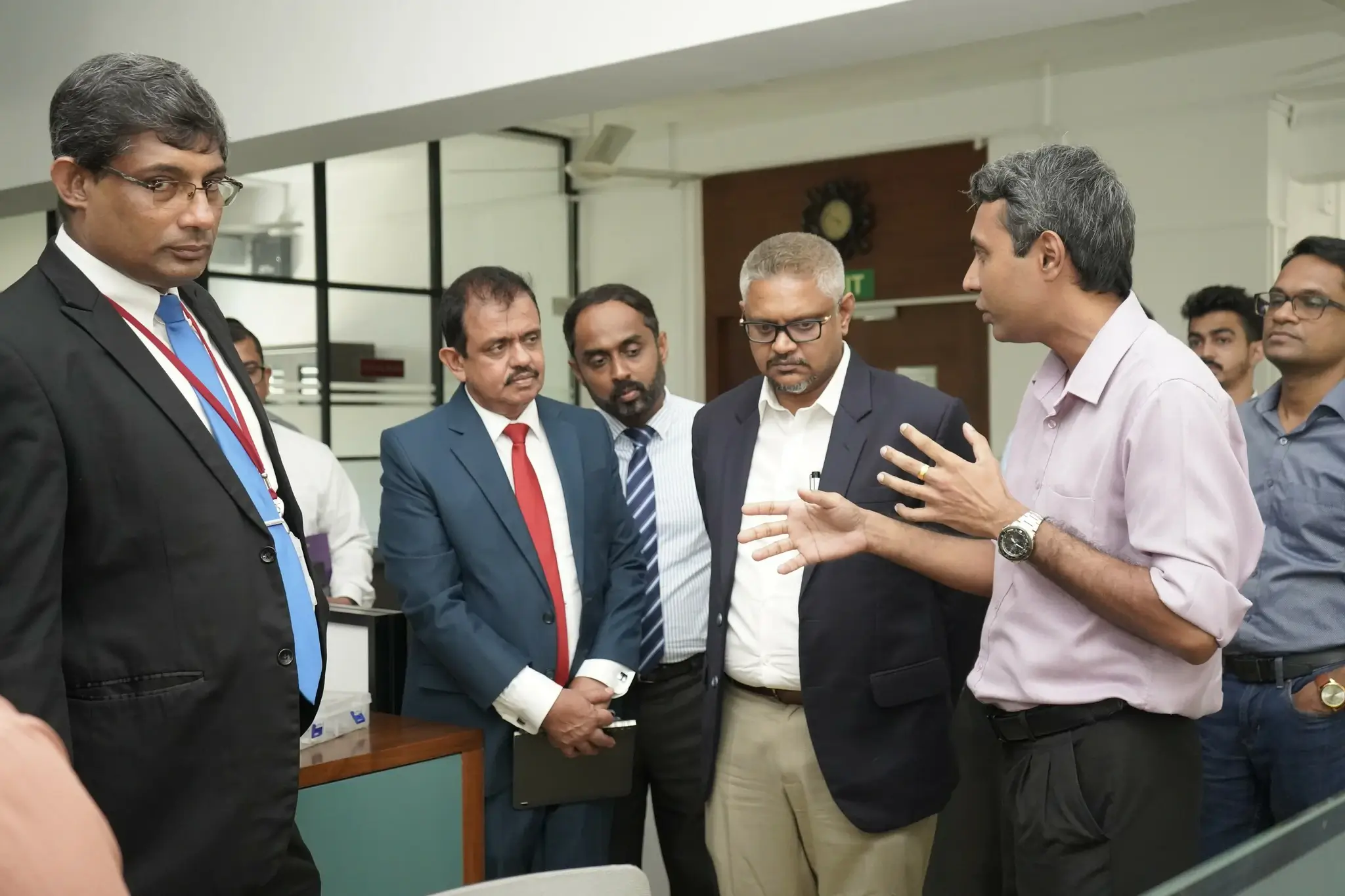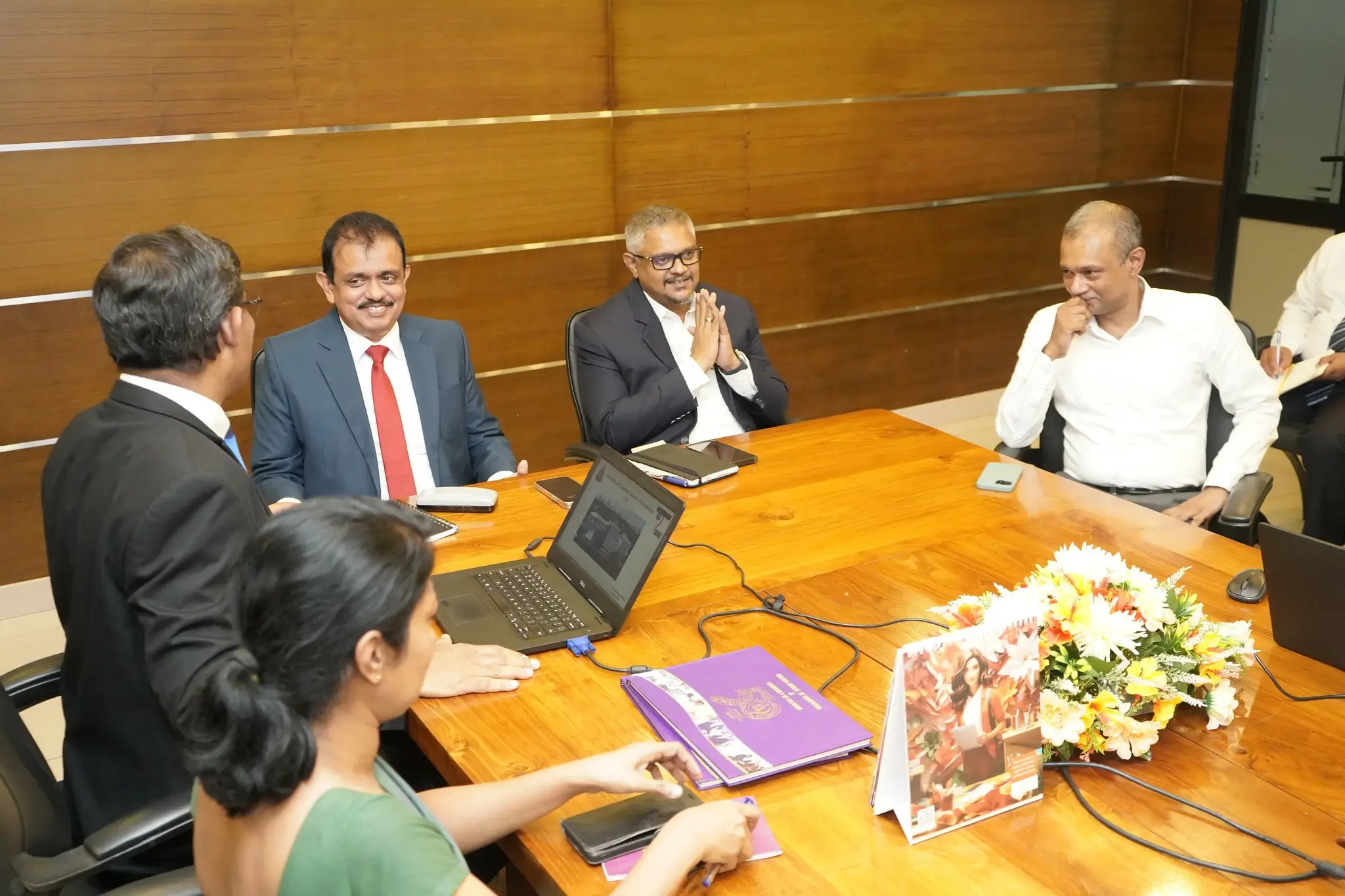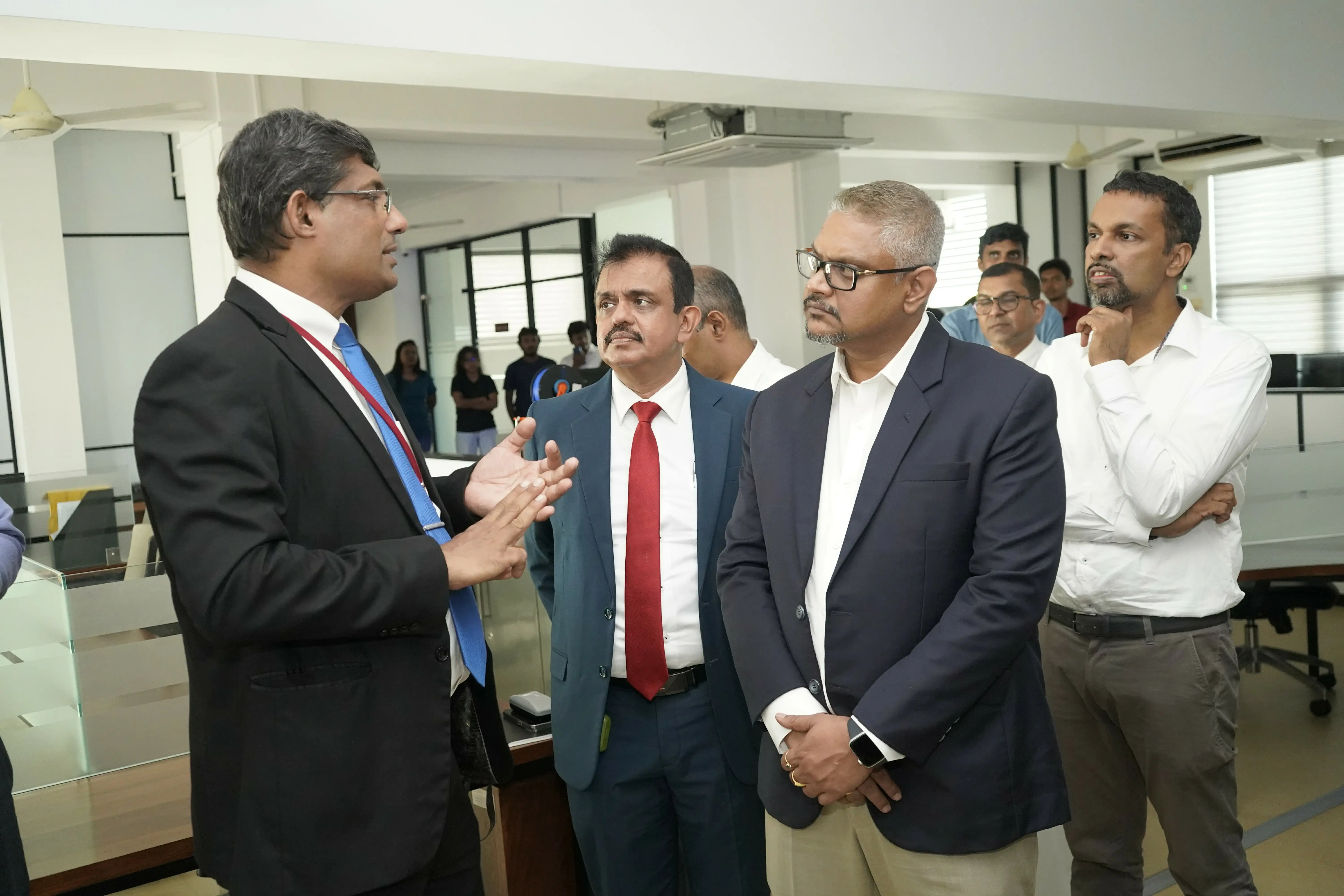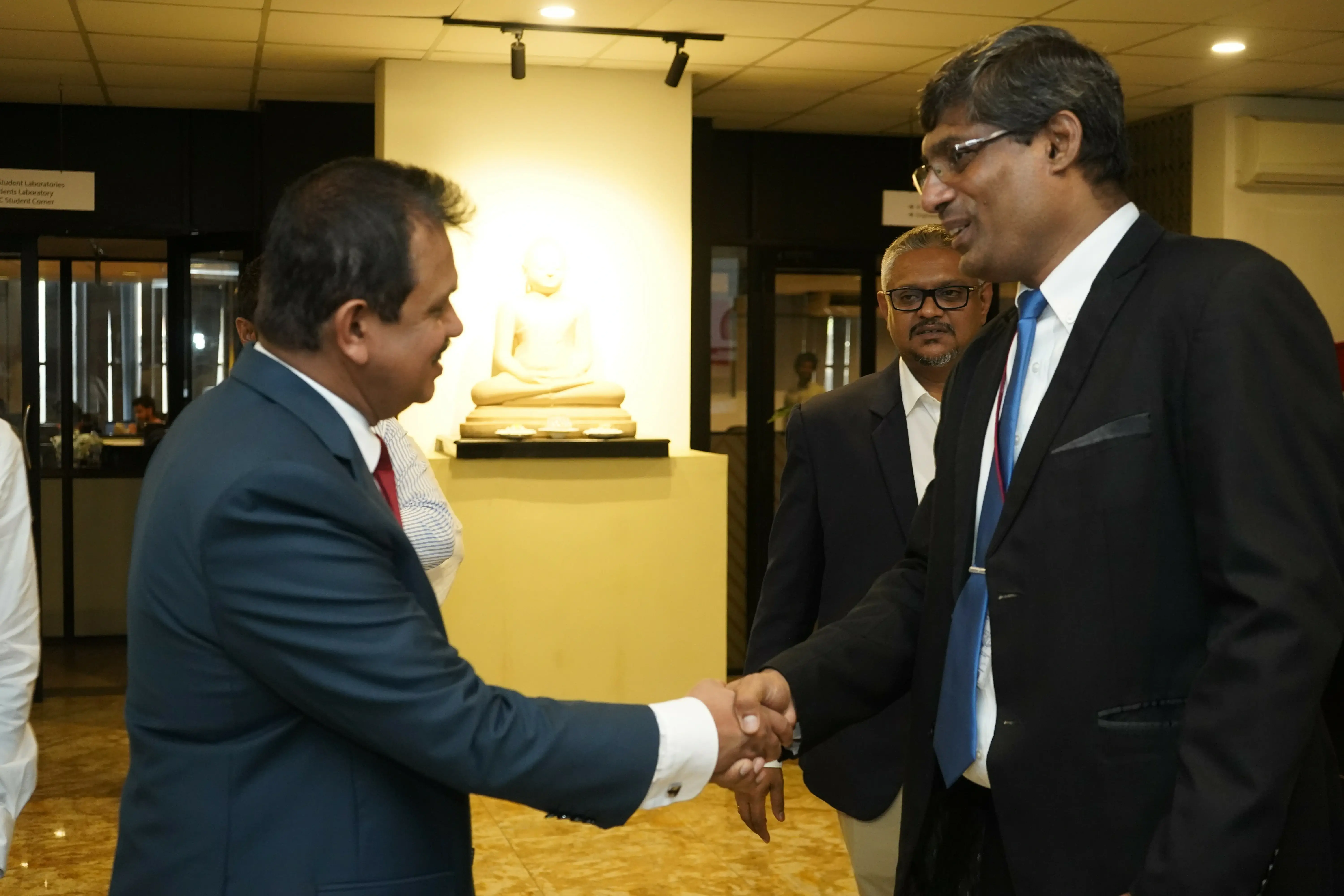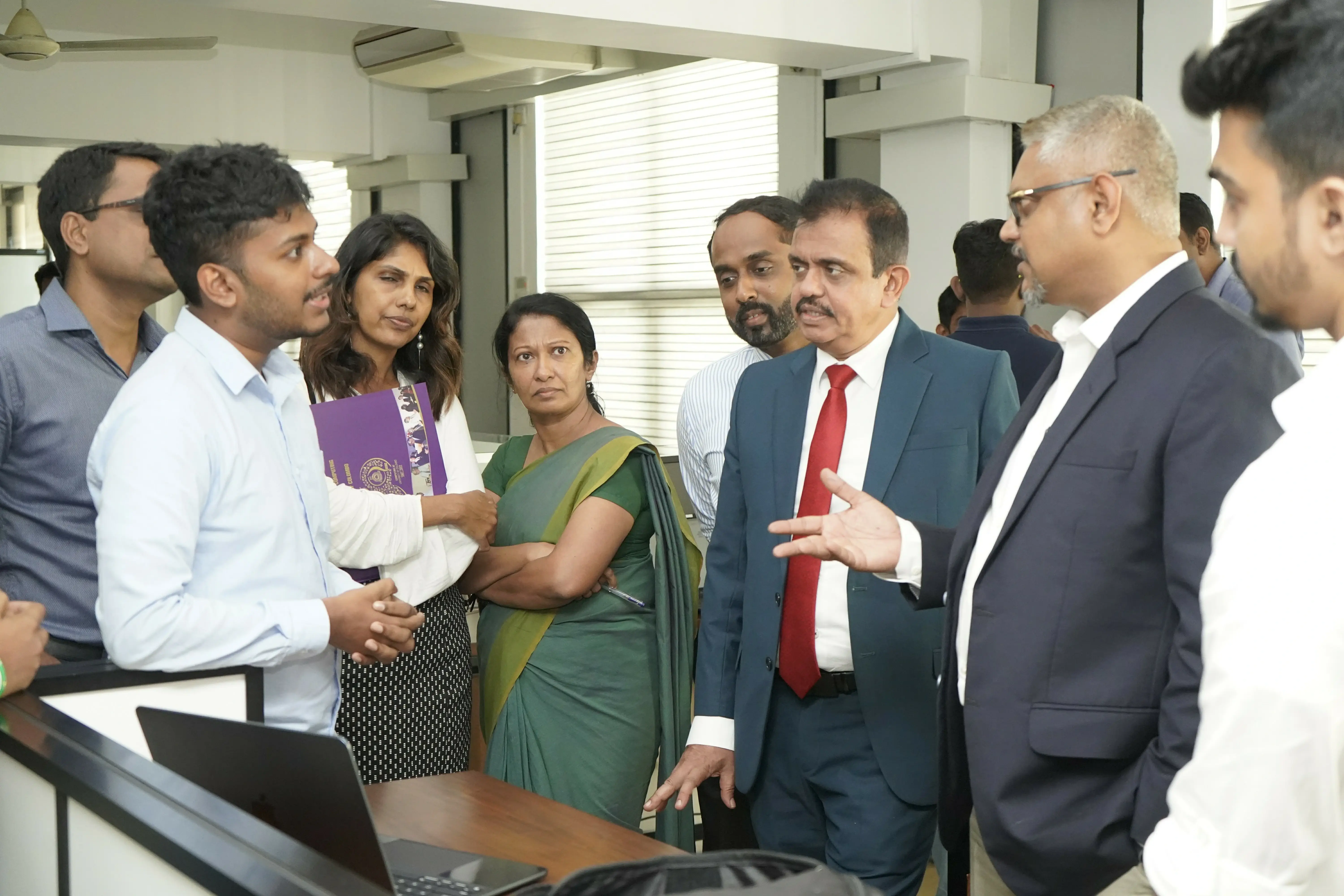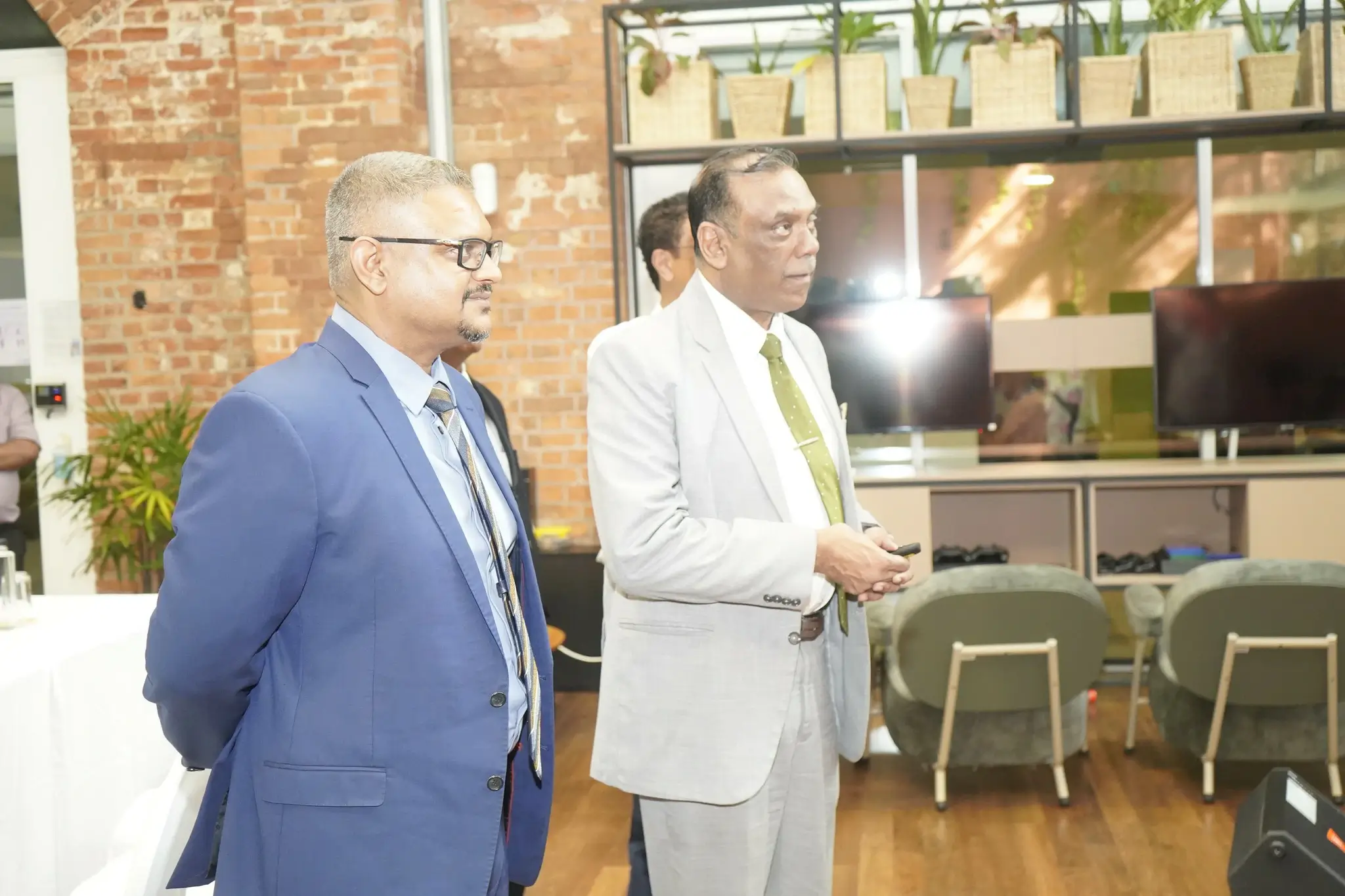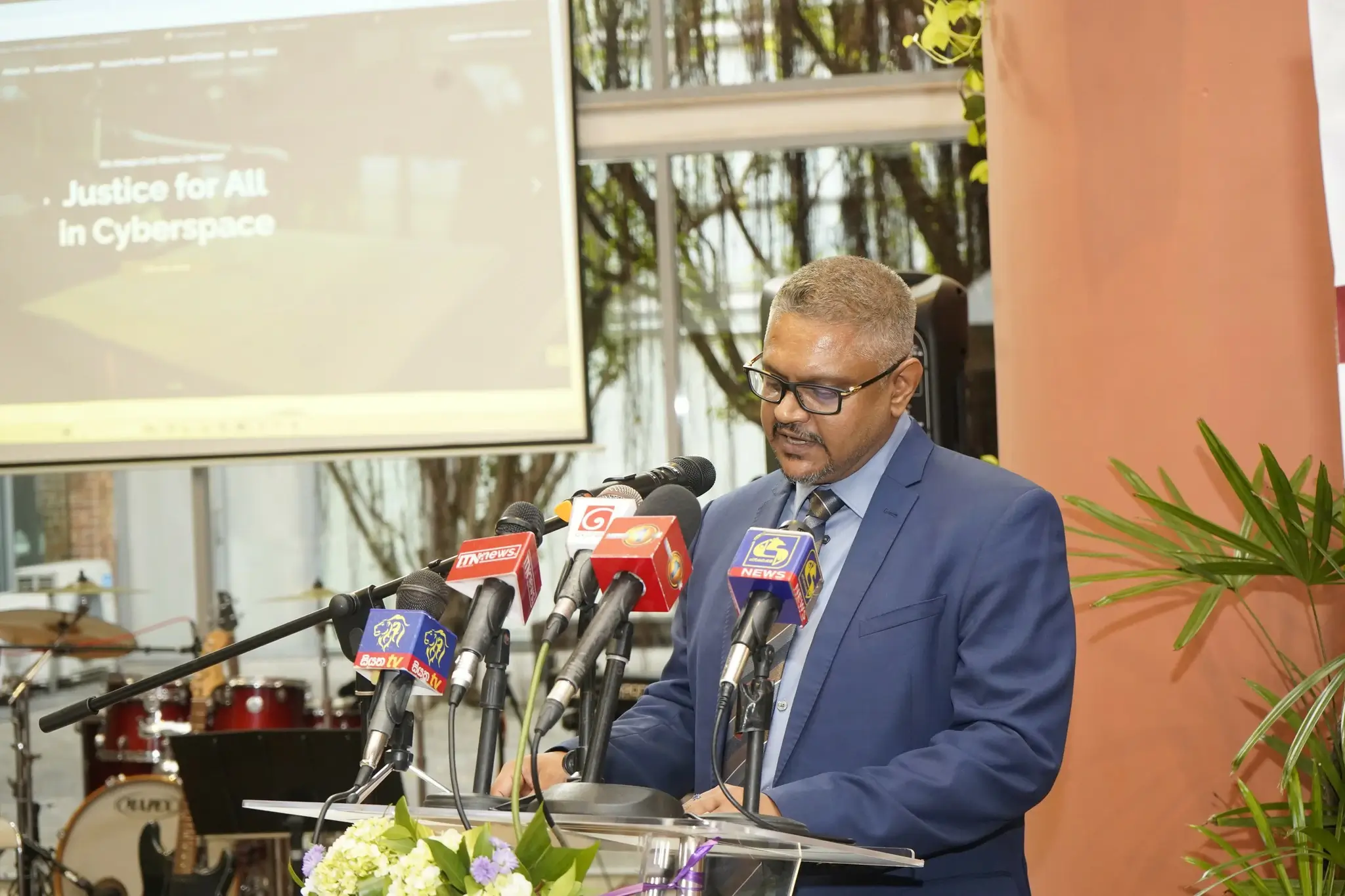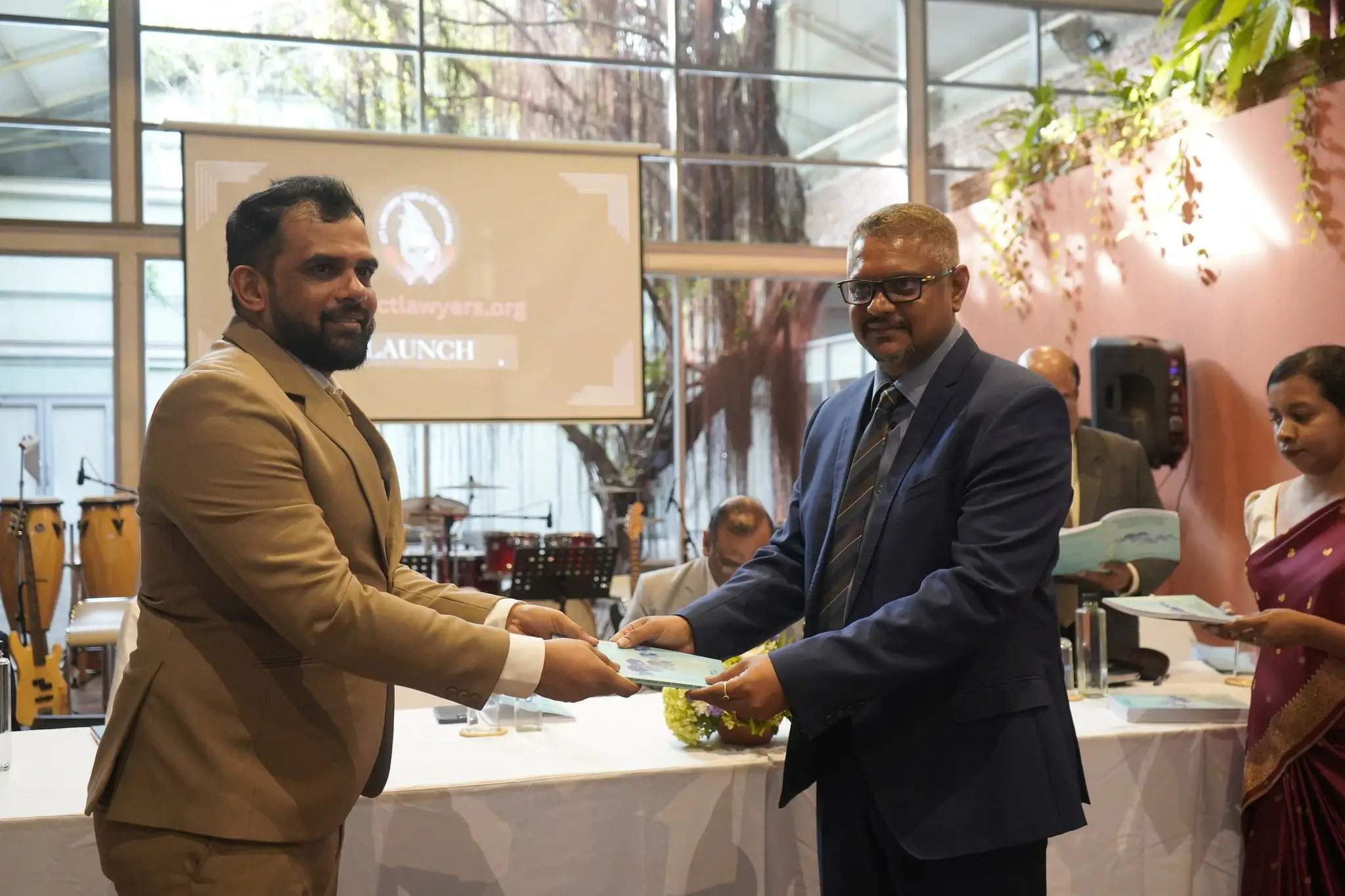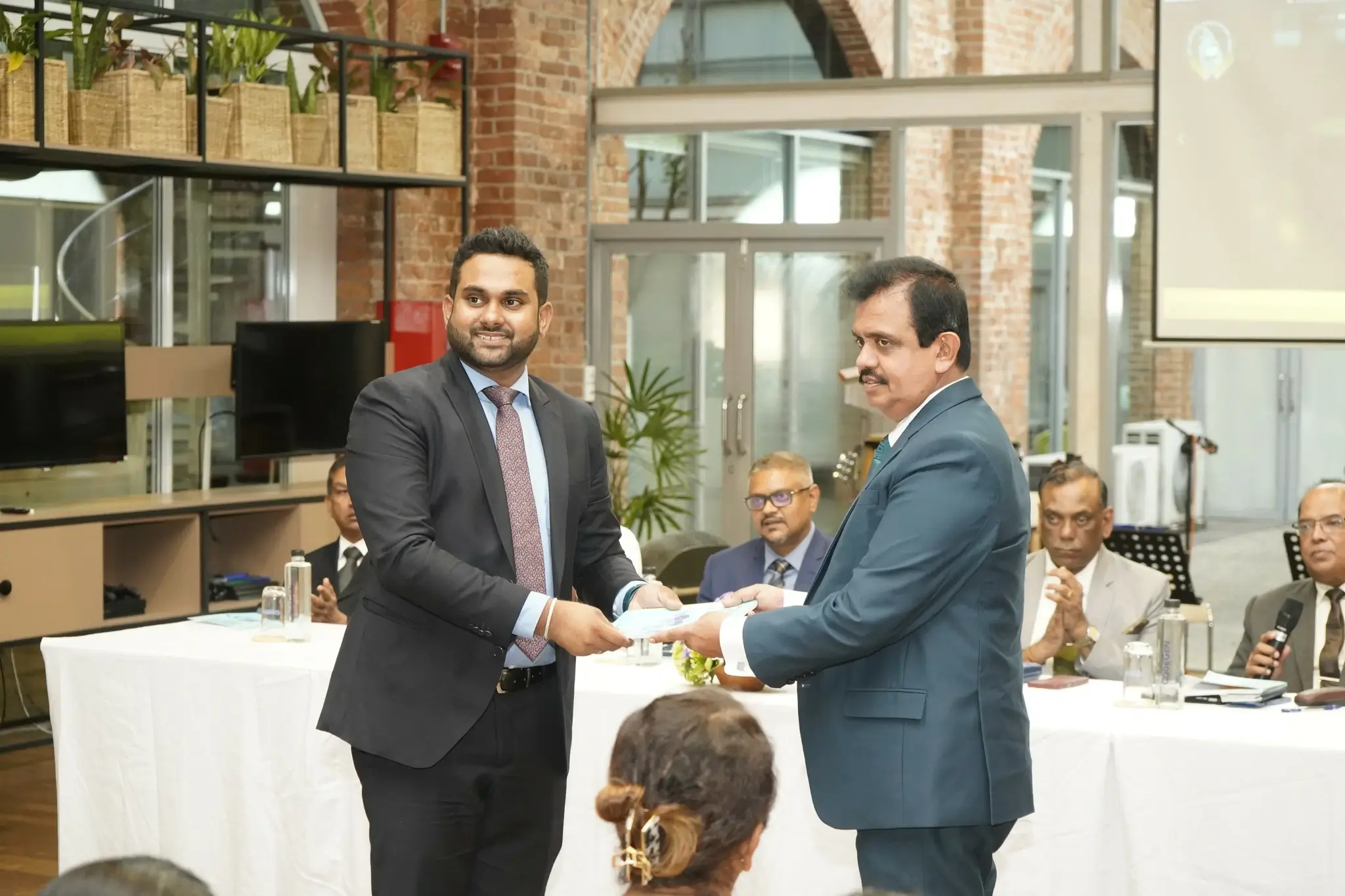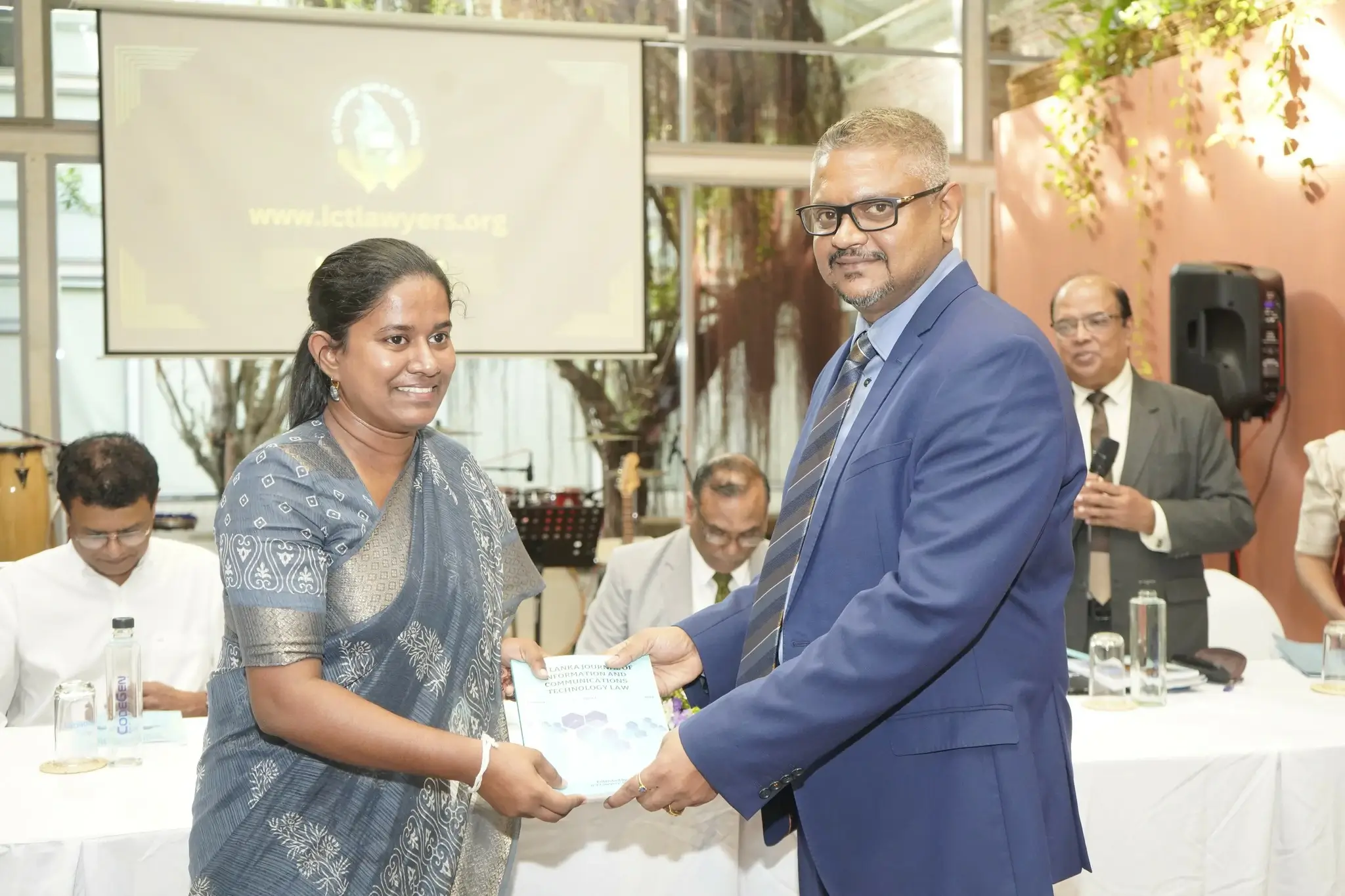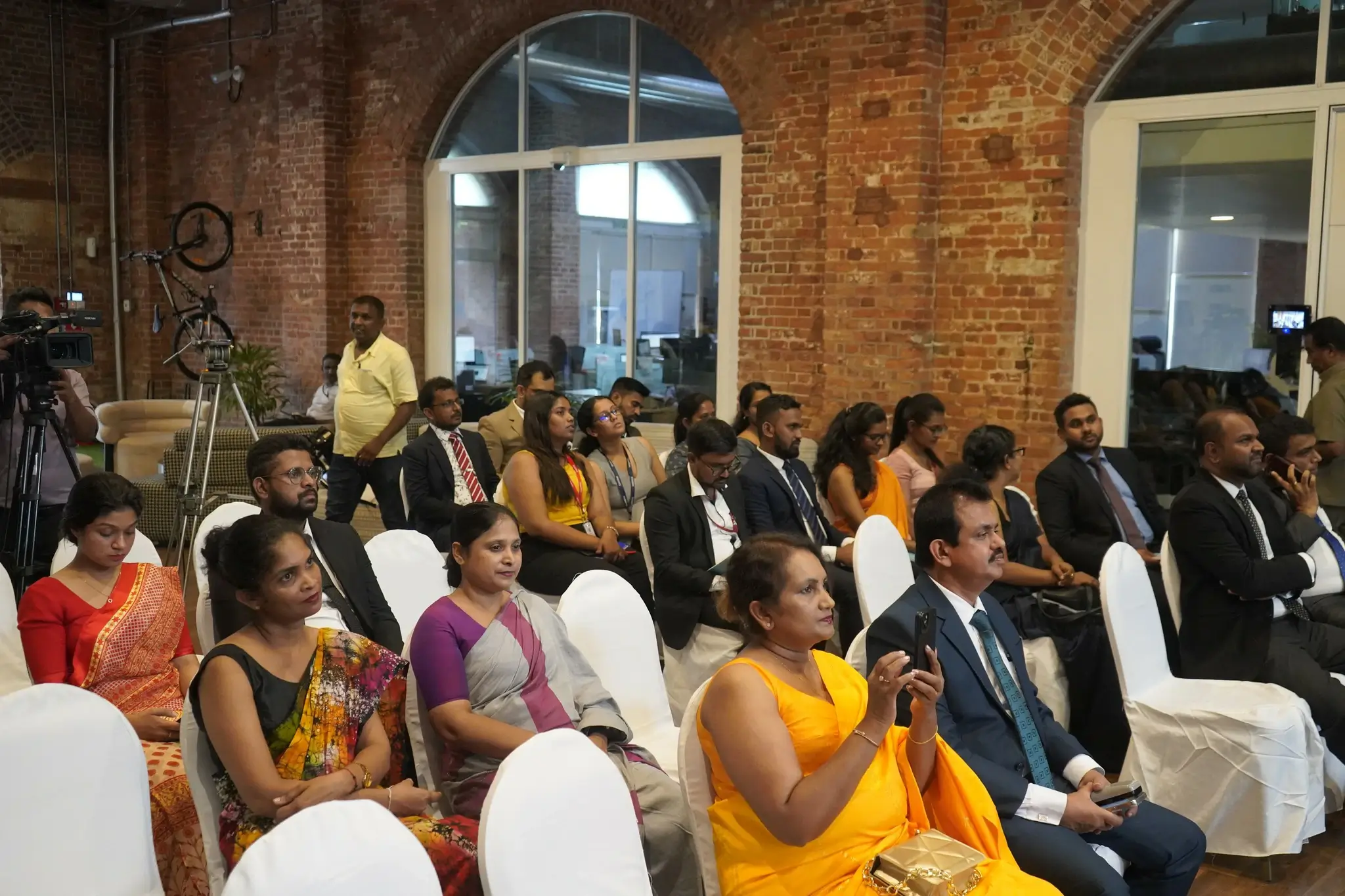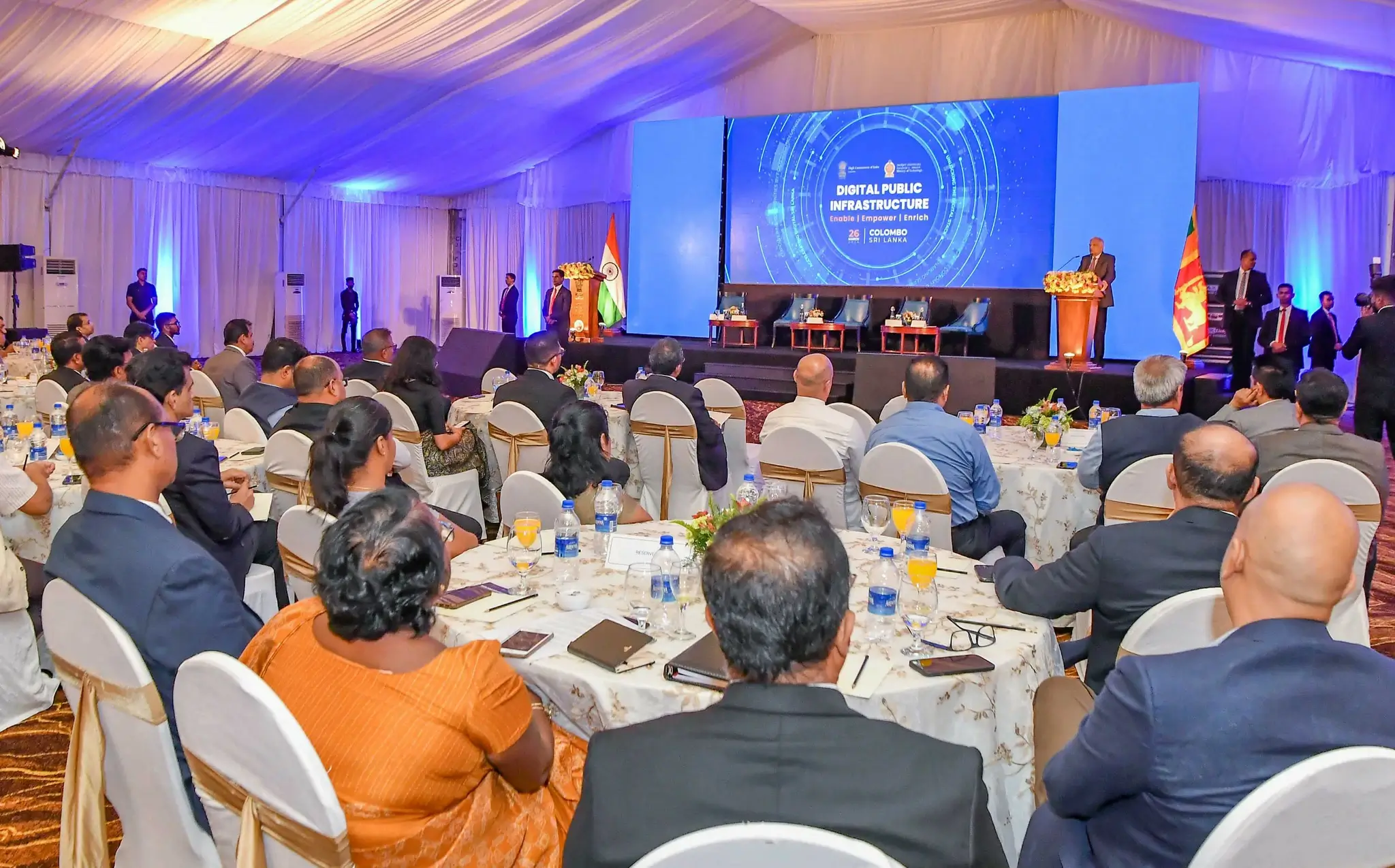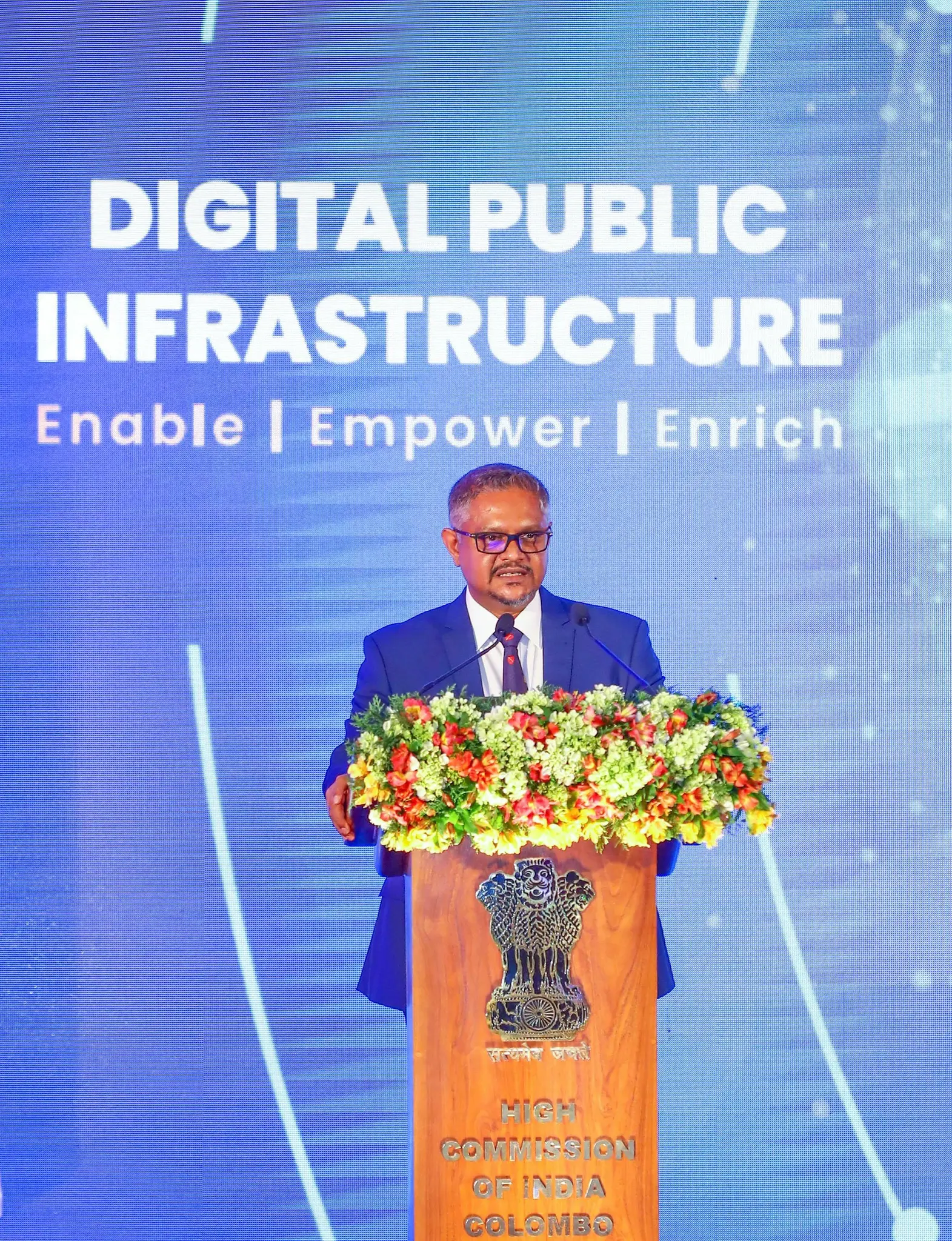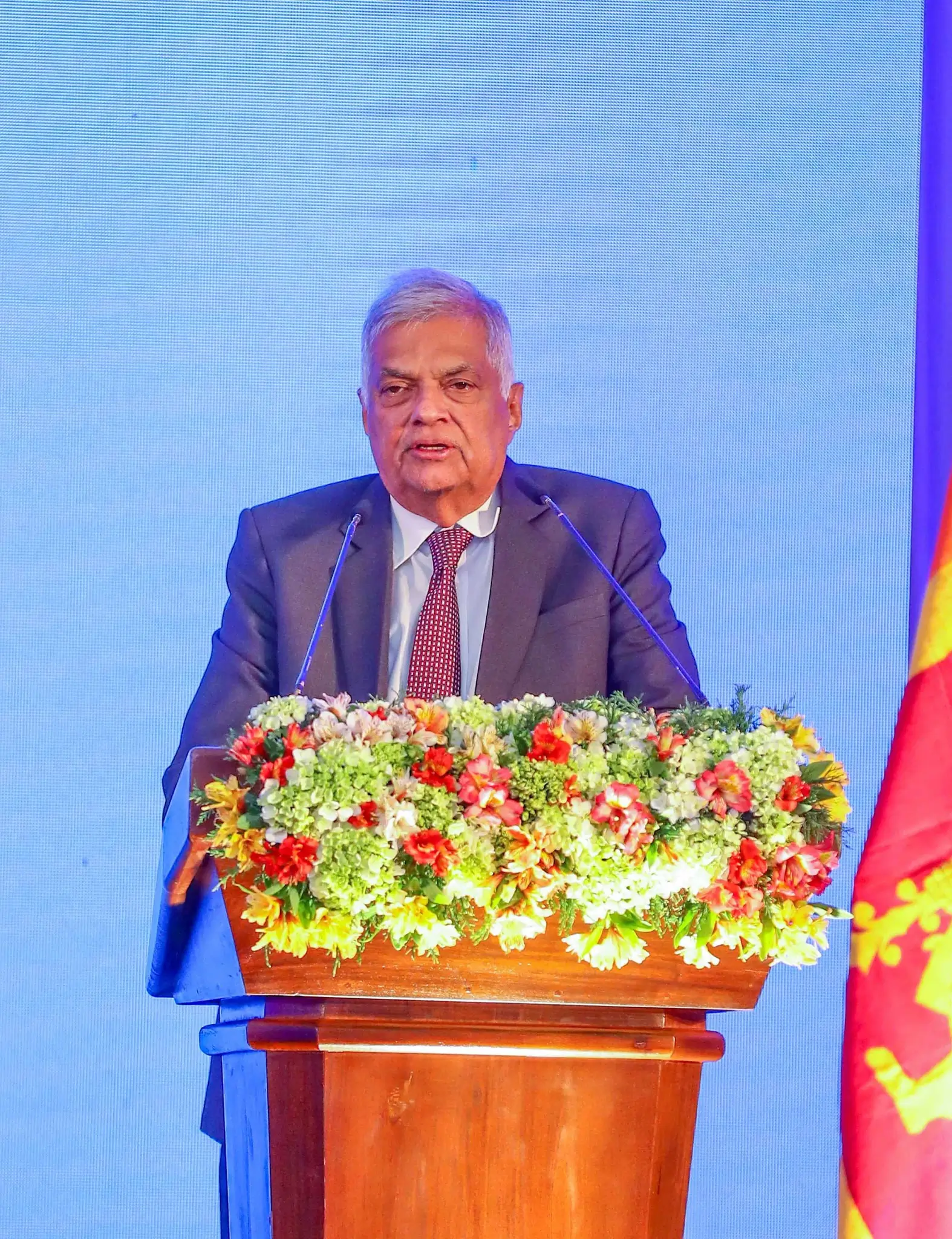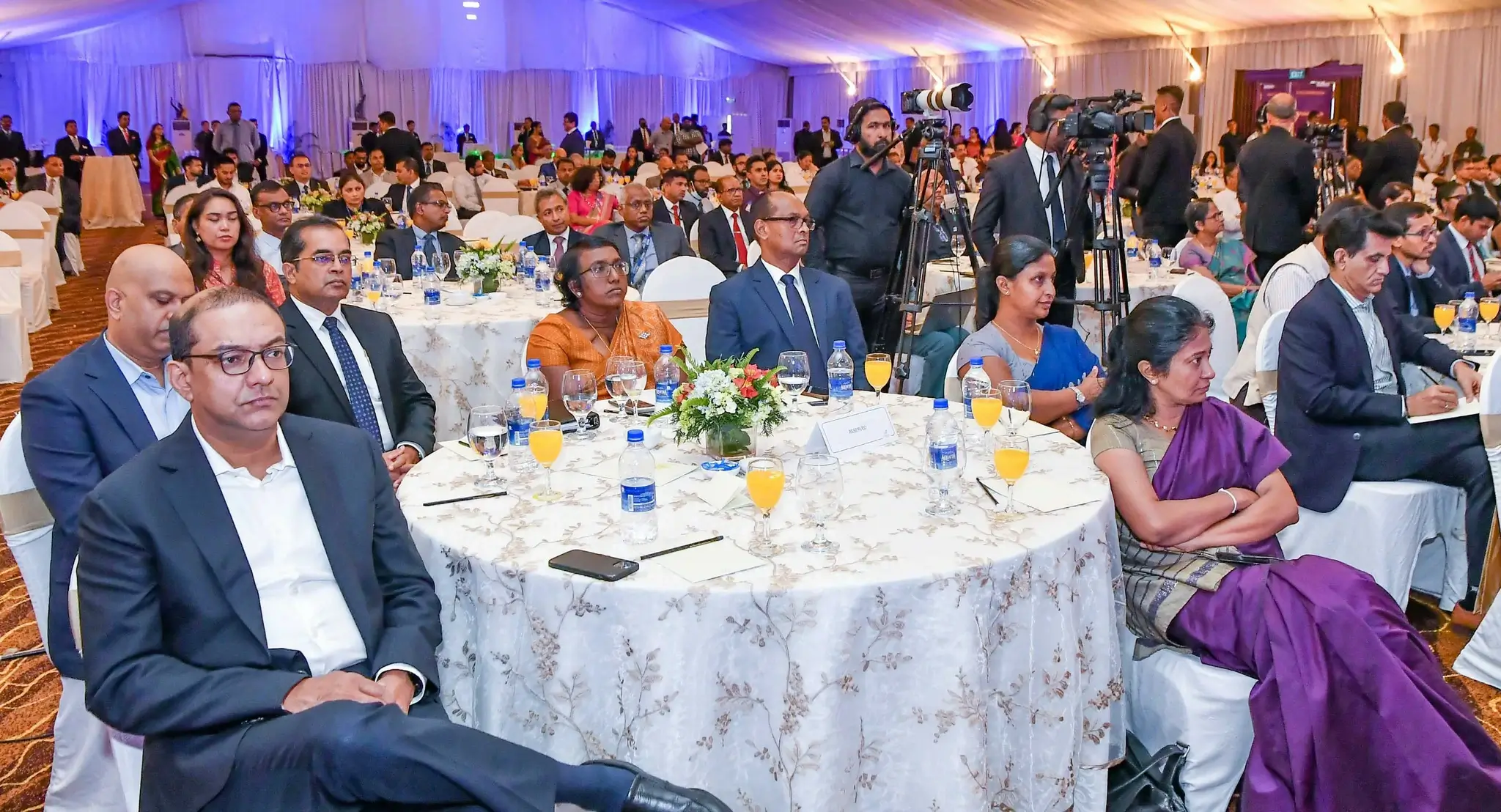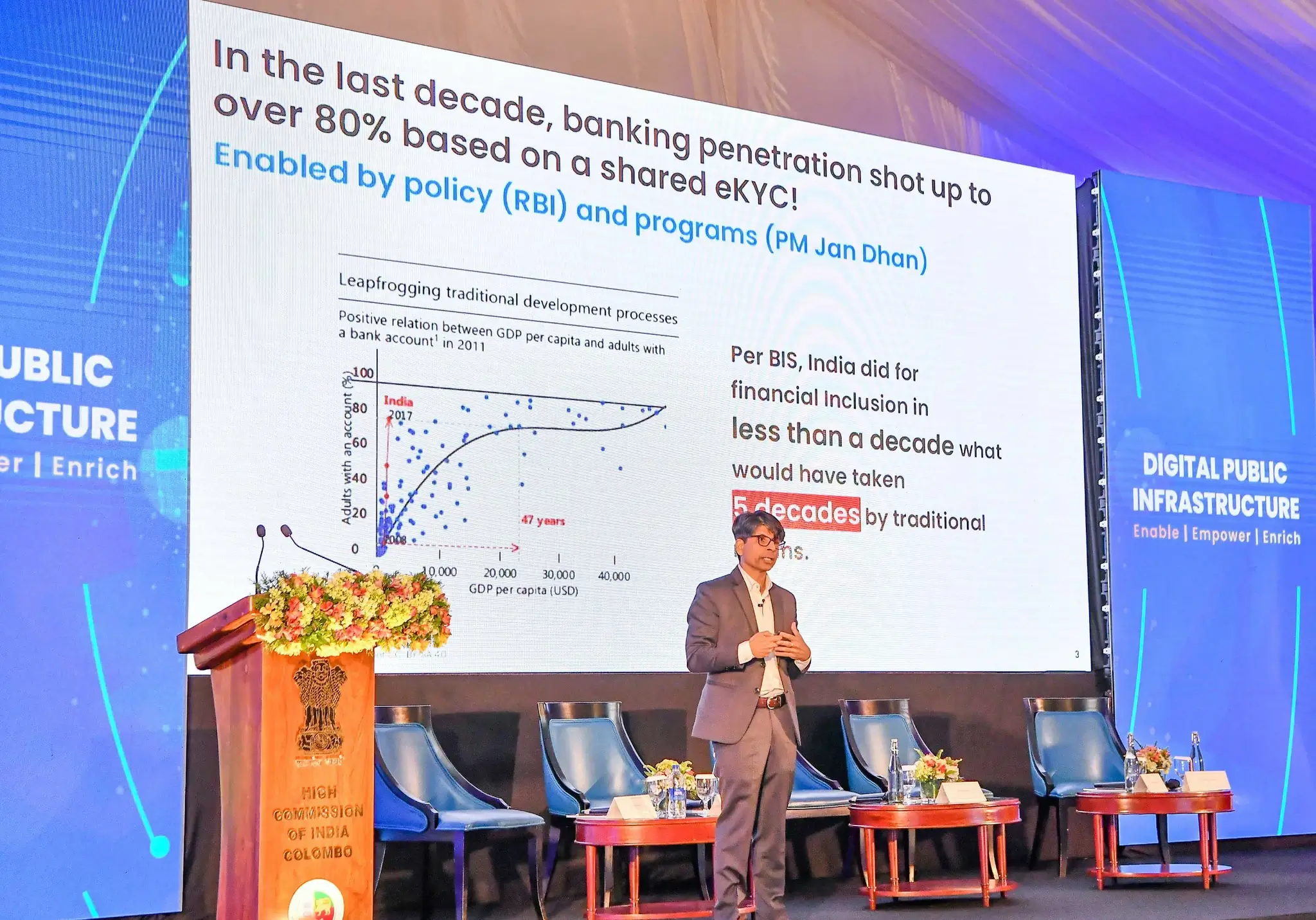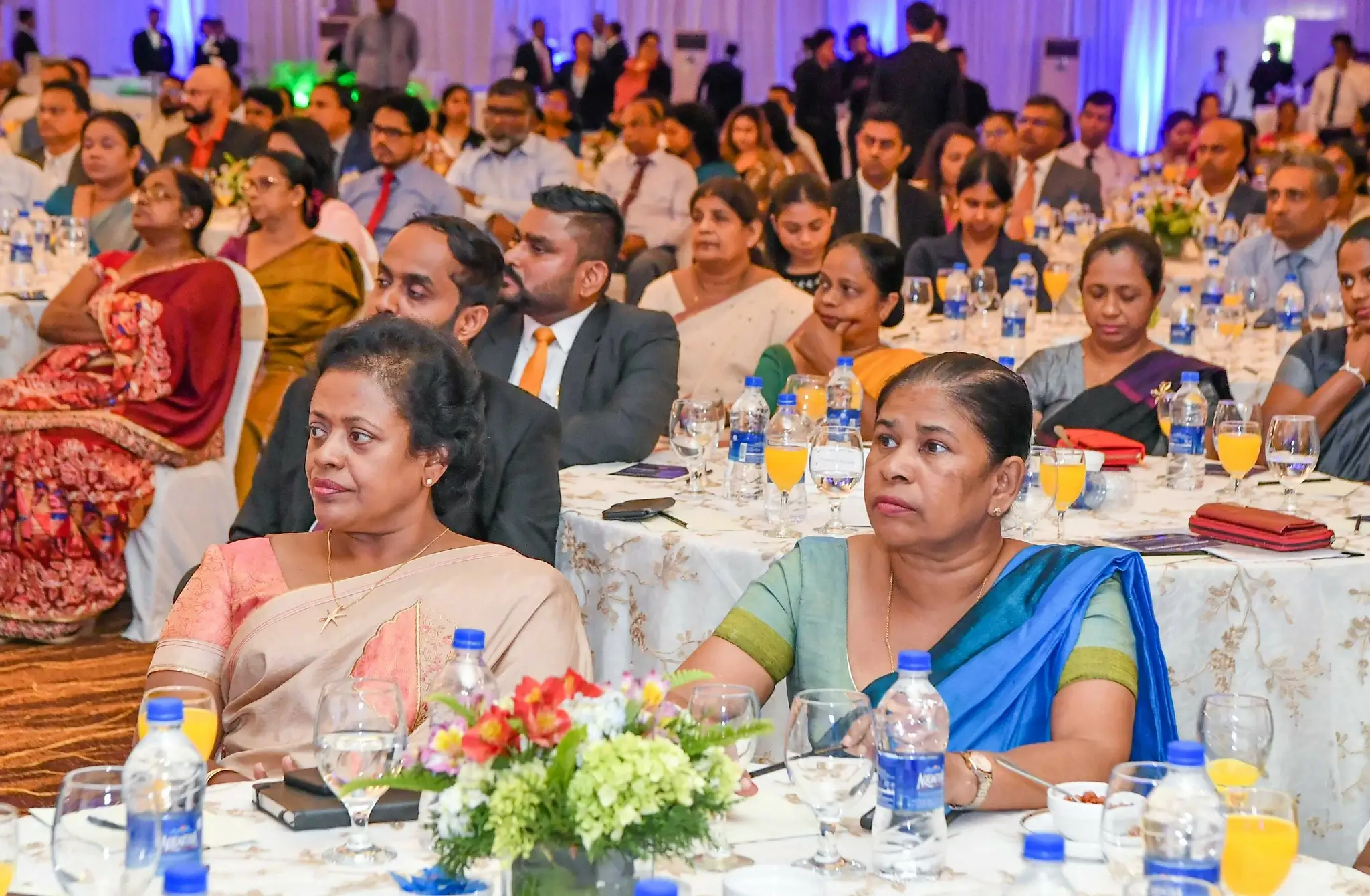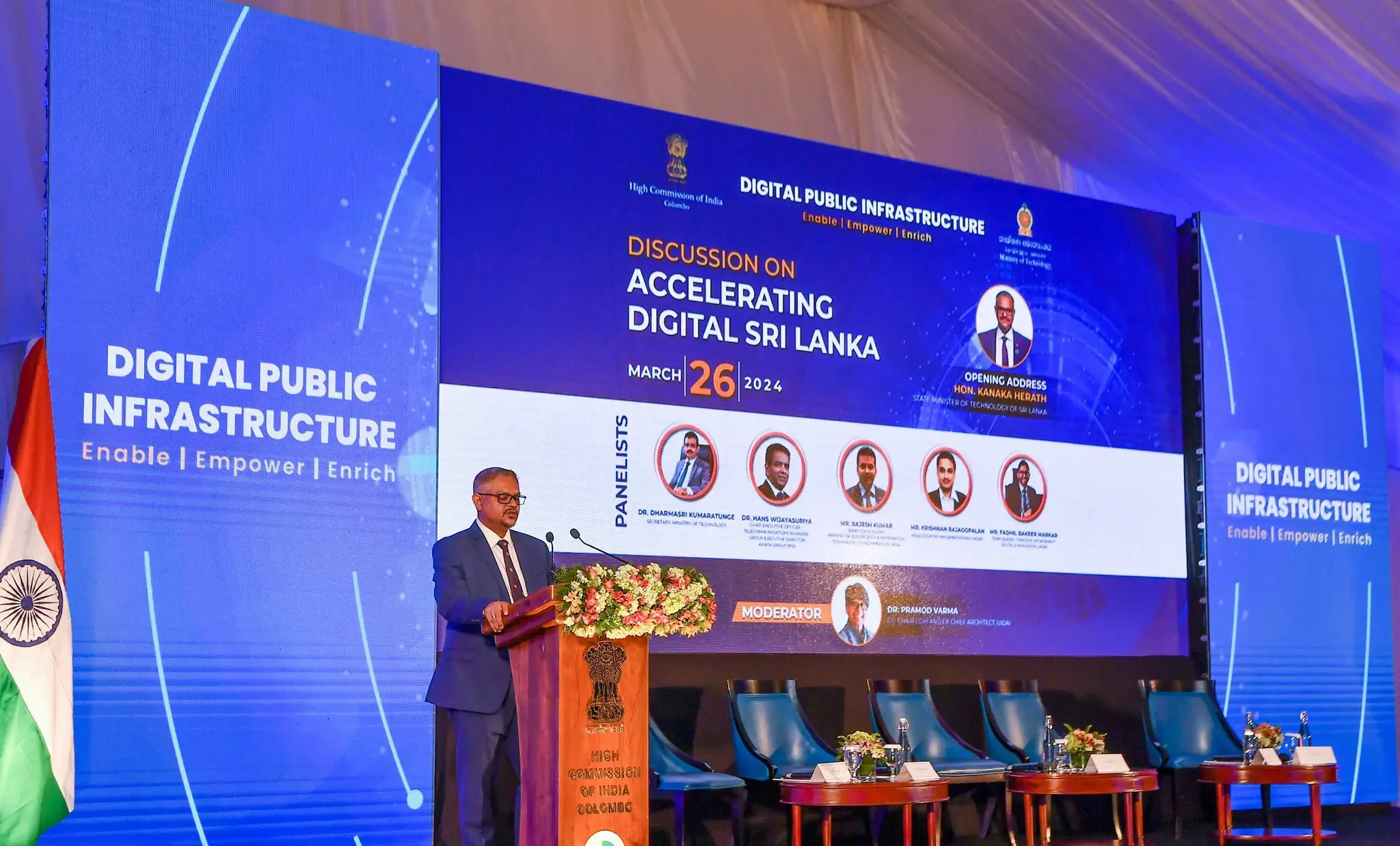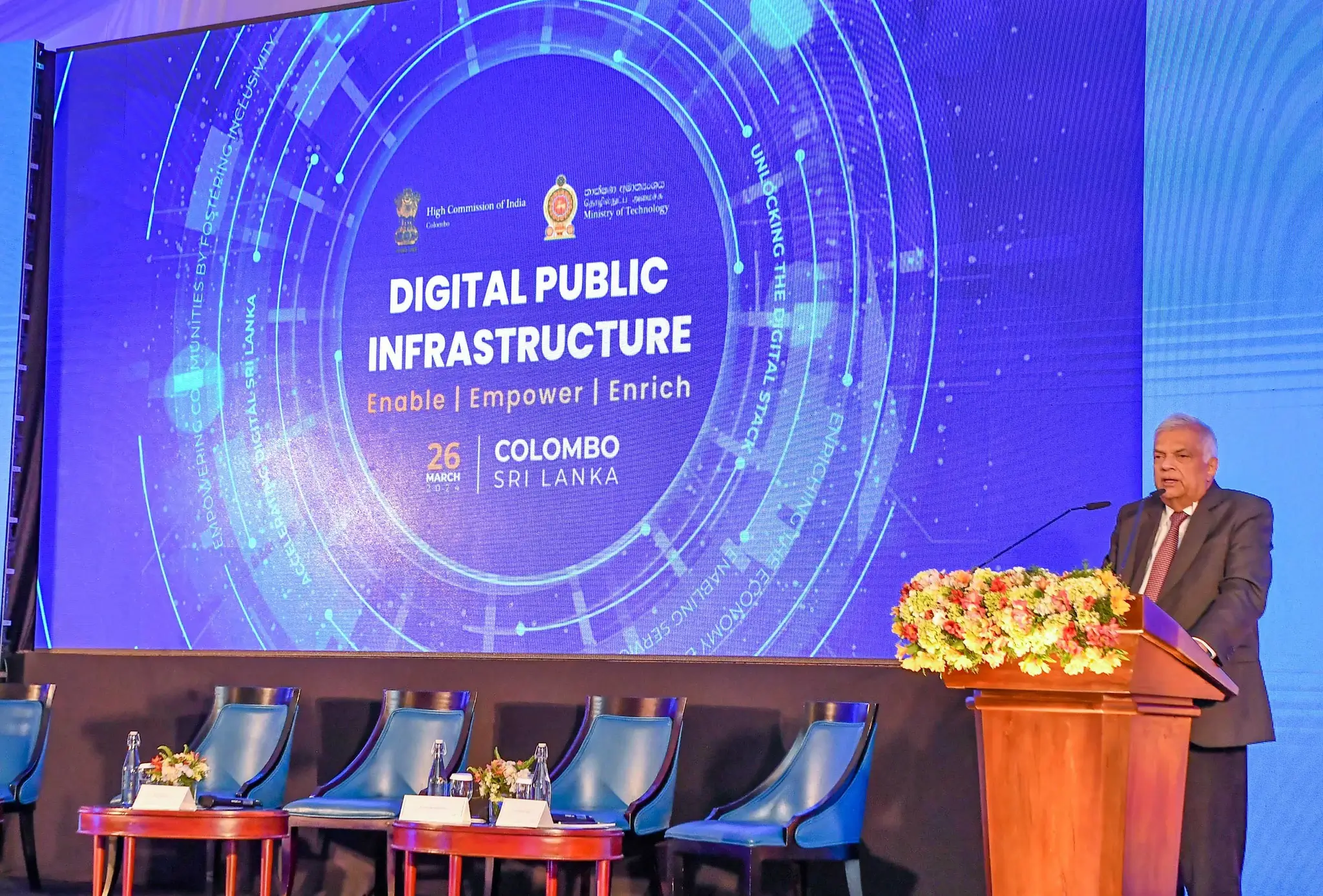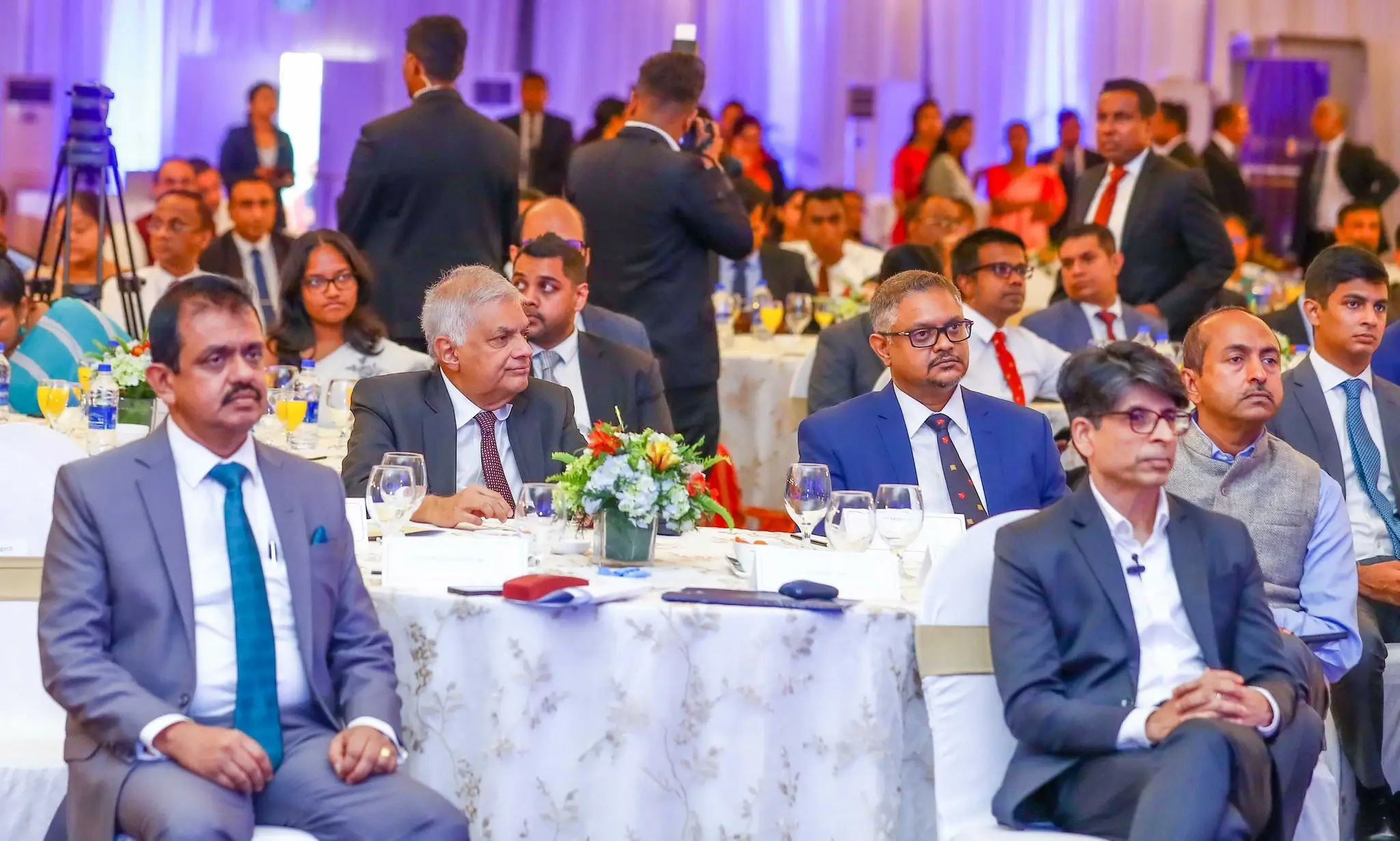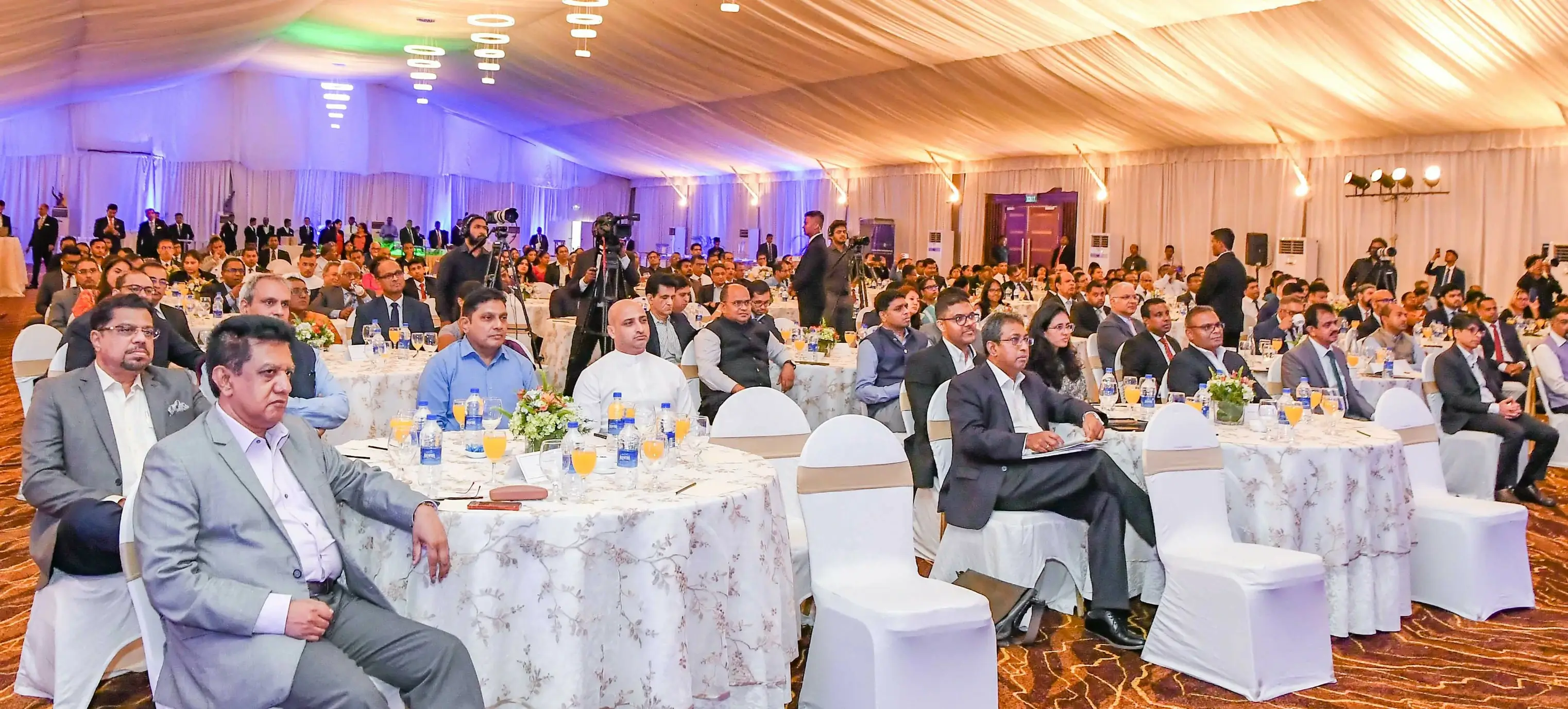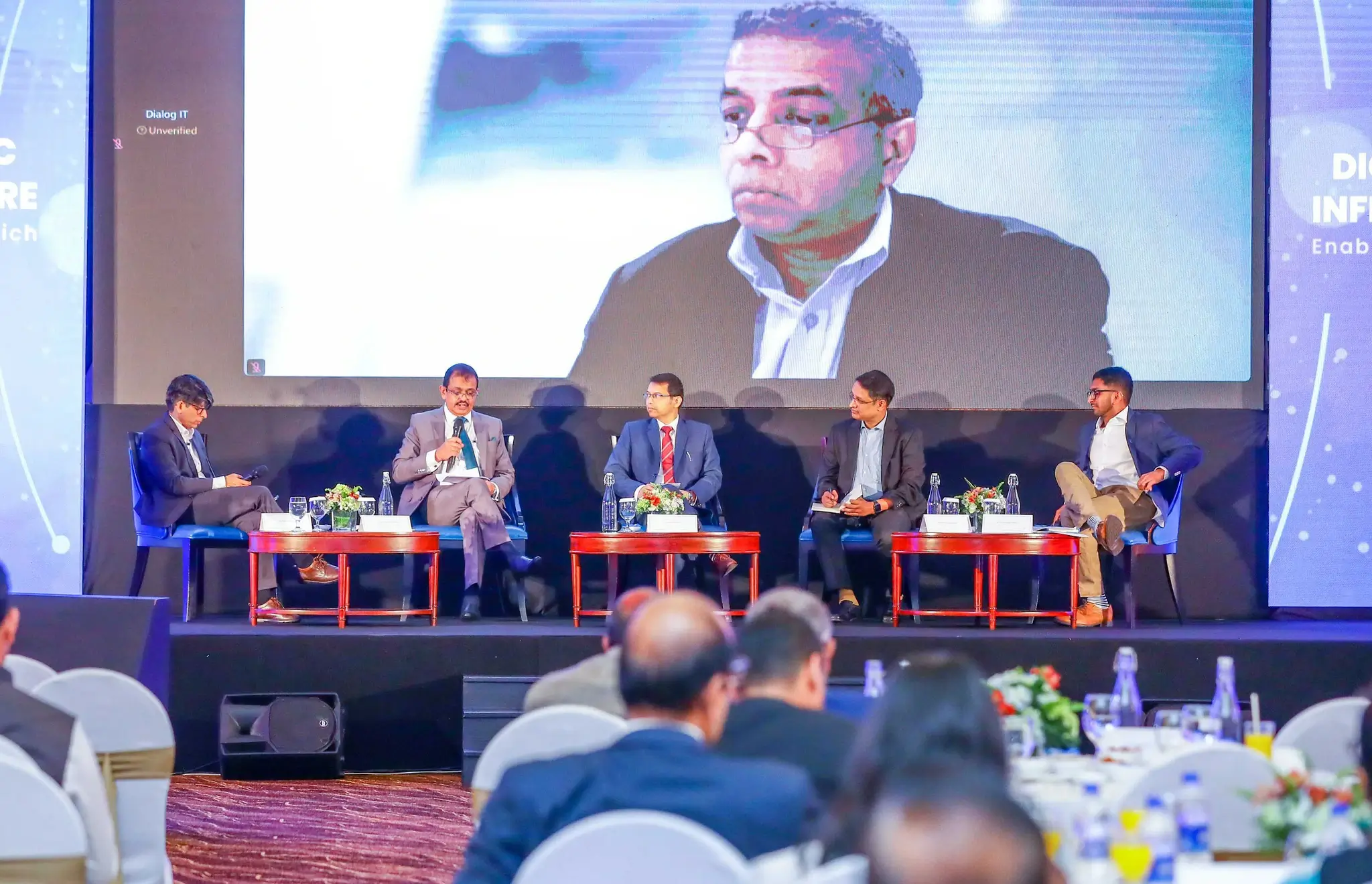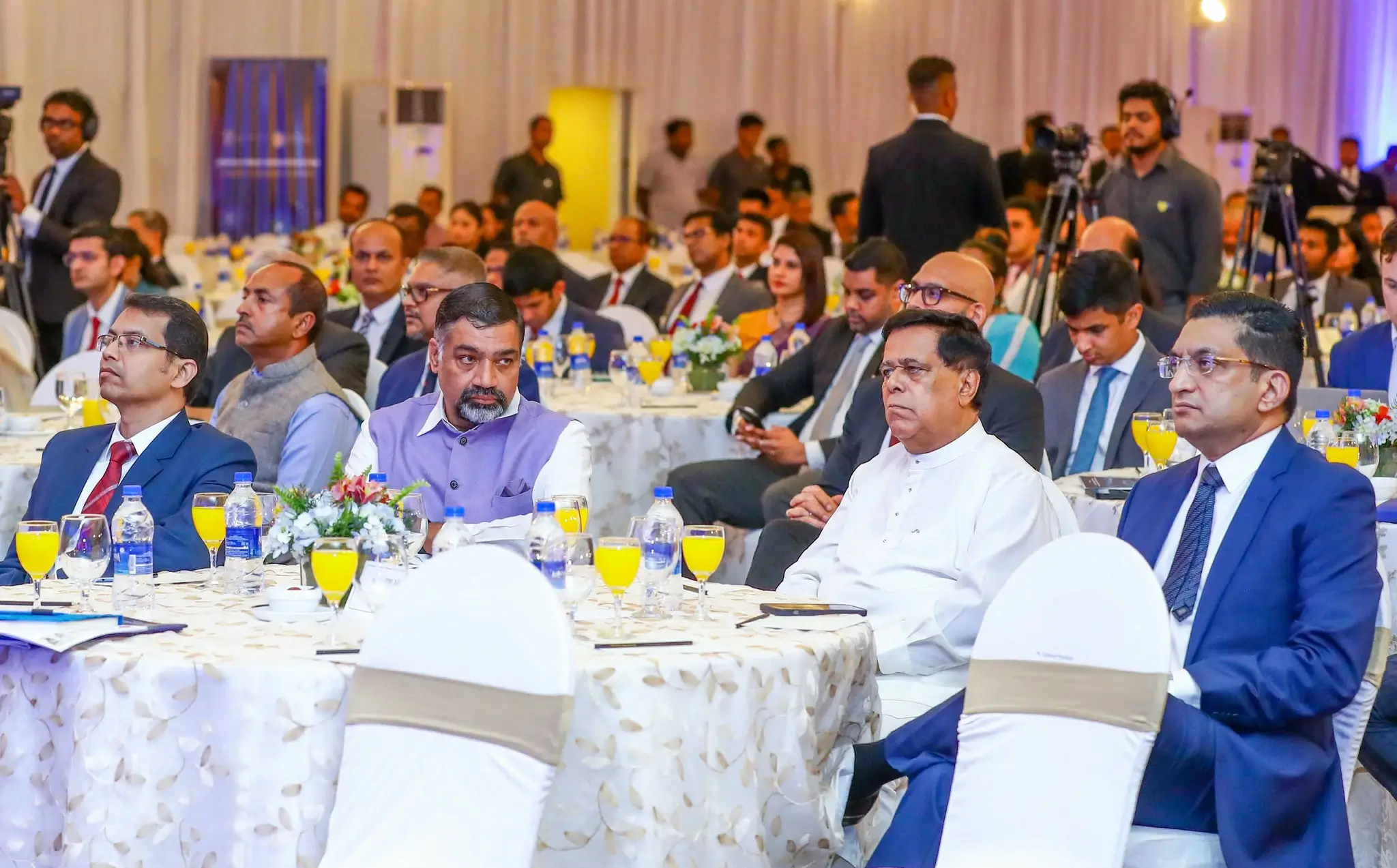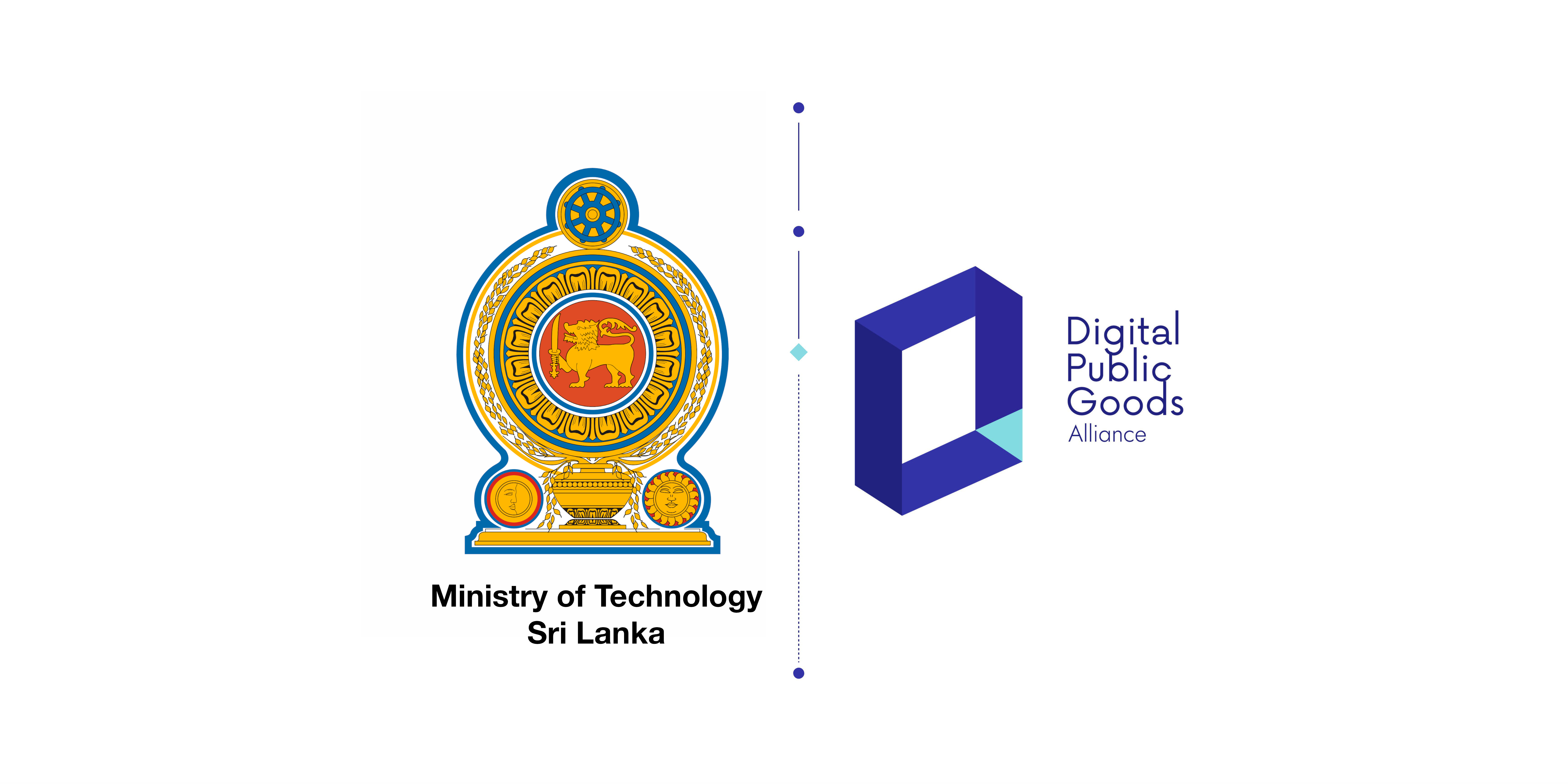The Ministry of Technology is in the process of preparing the National Digital Economy Strategy with technical guidance from the World Bank. In this process, as a key milestone of developing this strategy, we have planned to reach out to stakeholders of government, the private sector, and civil society to obtain valuable reviews and suggestions.
In order to ensure that our strategy incorporates diverse perspectives and addresses relevant challenges, we have developed a survey questionnaire for you to fill out. A wide range of insights and ideas will play a major role in shaping our nation's digital development journey towards becoming a digitally advanced country by 2030.
Please find the survey questionnaire below [link & the QR code to the survey]. We encourage everyone to provide feedback, suggestions, and recommendations. Your contributions will assist us in refining and enhancing our proposed National Digital Economy Strategy.
Thank you in advance for your time and for playing a vital role in building our nation's digitally empowered future. We look forward to your response by 16th October 2023.
Development of Sri Lanka’s National Digital Economy Strategy 2023 -2030
Sri Lanka aims to become a leading digital nation with access to digital opportunities for all. A framework with six themes focuses on Broadband connectivity, Digital infrastructure, Digital transactions, Digital safeguards, Digital industry, jobs and skills, and the Acceleration of digitization in key economic sectors to achieve this vision.
The country's ambition is to integrate digital technologies fully, compete globally, and promote sustainability and inclusiveness. The national digital strategy will support building the economy's new pillars and accelerate the country's development trajectory towards becoming a developed nation by 2048. The strategy aims to enhance economic competitiveness, create high-paying jobs, and deliver trusted and inclusive public services. The focus is on maximizing private and foreign investment, making efficiency a priority, and creating a joint approach to digital development.
The government has established the High-Level Officers’ Committee (HLOC), which will draft the main digital economy strategy in collaboration with Thematic Working Groups (TWGs). HLOC will supervise the TWGs' activities and create the Digital Economy Strategy and roadmaps. The aim is to create a comprehensive National Digital Economy Strategy that identifies critical areas for investment and development and provides guidance for developing recommendations and strategies for each TWG's area of focus. Each TWG will develop a comprehensive document of recommendations that align with the broader goals of the national digital economy strategy. The focus is on reducing barriers to accessing digital technologies and utilizing digital tools to expand access to markets, employment, and educational opportunities for all.
The development of the digital strategy has reached a key milestone with the plan to gather feedback from stakeholders in government, the private sector, academia, and civil society. A survey questionnaire has been created to gather valuable insights and ideas for shaping the nation's digital development journey towards becoming a digitally advanced country by 2030. Your participation is crucial to ensure diverse perspectives and address relevant challenges.
The upcoming launch of the strategy at the DIGIECON 2030 program is set to be a milestone event in the realm of transformative experiences. In November 2023, a groundbreaking and transformative strategy is set to be launched at the prestigious DIGIECON 2030 program. This eagerly anticipated event invites all enthusiasts, experts, and innovators to embark on this momentous journey together. Join us as we explore the fascinating details of this forward-thinking initiative that promises to shape the landscape of our digital world.
